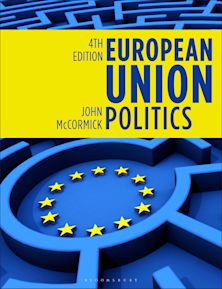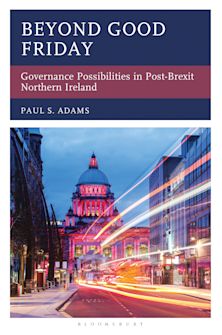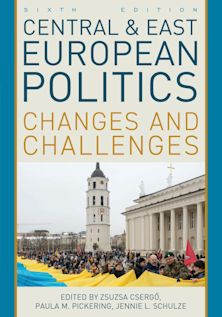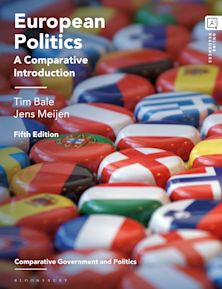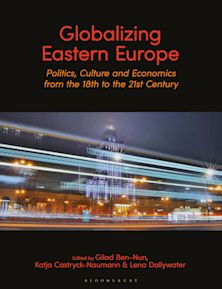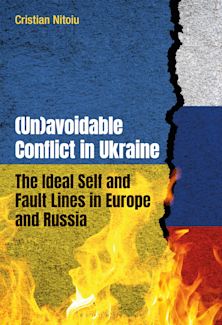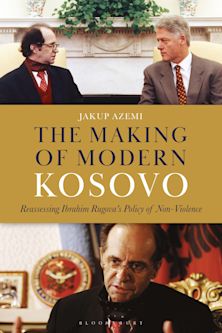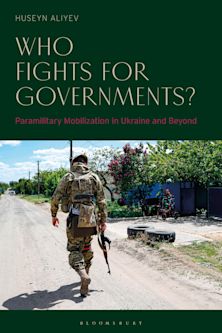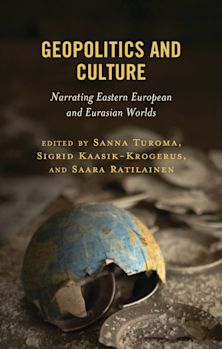- Home
- ACADEMIC
- Politics & International Relations
- European Politics
- Dilemmas of Transition
Dilemmas of Transition
The Hungarian Experience
Aurel Braun (Anthology Editor) , Zoltan Barany (Anthology Editor) , Andrew Arato (Contributor) , Anders Åslund (Contributor) , Keith Crane (Contributor) , Guy Hermet (Contributor) , John Higley (Contributor) , Bennett Kovrig (Contributor) , Paul Marer (Contributor) , Daniel N. Nelson (Contributor) , Anna Seleny (Contributor) , Rudolf L.Tokes (Contributor)
Dilemmas of Transition
The Hungarian Experience
Aurel Braun (Anthology Editor) , Zoltan Barany (Anthology Editor) , Andrew Arato (Contributor) , Anders Åslund (Contributor) , Keith Crane (Contributor) , Guy Hermet (Contributor) , John Higley (Contributor) , Bennett Kovrig (Contributor) , Paul Marer (Contributor) , Daniel N. Nelson (Contributor) , Anna Seleny (Contributor) , Rudolf L.Tokes (Contributor)
This product is usually dispatched within 3 days
- Delivery and returns info
-
Free US delivery on orders $35 or over
You must sign in to add this item to your wishlist. Please sign in or create an account
Description
Exploring the controversies and problems surrounding post-communist transitions, this innovative volume brings together a distinguished group of political scientists, economists, historians, and sociologists. Within a strong theoretical framework, the book moves between general issues of transitology and specific analyses. Hungary, a state that has weathered political and economic transition more successfully than most, is used as the volume's case study for illuminating both comparative and regional issues. By bridging the divide between area studies and comparative politics, this book will be a key resource for advanced students and for scholars in East-European/post-communist studies, comparative politics, and international relations.
Table of Contents
Part 2 Transition
Chapter 3 Rethinking Transitology
Chapter 4 Transitions and Elites
Chapter 5 Post-Communist Economic Transformation
Part 6 Hungary's Post-Communist Transition
Chapter 7 The Regional Perspective
Chapter 8 Political Transition and Social Transformation
Chapter 9 The Foundations of Post-Socialist Legitimacy
Part 10 Marketization and Social Change in Hungary
Chapter 11 Economic Transformation
Chapter 12 Privatization Policies
Chapter 13 Civil Society, Transition, and Consolidation of Democracy
Part 14 Hungary's International Relations and Security
Chapter 15 European Integration
Chapter 16 The Russian Factor
Chapter 17 Regional Security and Ethnic Minorities
Chapter 18 The Unfolding Transition and Consolidation
Chapter 19 Index
Chapter 20 About the Contributors
Product details
| Published | Mar 25 1999 |
|---|---|
| Format | Paperback |
| Edition | 1st |
| Extent | 360 |
| ISBN | 9780847690053 |
| Imprint | Rowman & Littlefield Publishers |
| Dimensions | 9 x 6 inches |
| Publisher | Bloomsbury Publishing |
About the contributors
Reviews
-
This insightful and well-balanced volume contains an excellent blend: chapters dealing with the wide-ranging common problems of all post-socialist countries and others focusing on the specific characteristics of the Hungarian transition. It will become an indispensable handbook for students of recent Hungarian history, and at the same time it will be used by researchers and teachers of post-socialist transition as a source of inspiring thoughts and valuable information.
János Kornai, Harvard University and Collegium Budapest
-
The transition of the former communist countries to democracy and free markets is the great event of our time. This volume provides a detailed and authoritative picture, and a balanced assessment, of one of those countries, illuminating the problems common to them all.
Michael Mandelbaum, The Johns Hopkins School of Advanced International Studies, author of The Road to Global Prosperity
-
Economists will appreciate the careful assessments of postcommunist economic transformation in Hungary , and in Central Europe in general.
H. D. Renning, California State University, Choice Reviews
-
Many of the contributors on Hungary are excellent. Dilemmas of Transition will be of great use to anyone seeking a wide-ranging discussion of Hungary since 1989.
Slavic Review
-
Dilemmas of Transition, written by a group of well-known experts and dealing with the various theoretical and practical aspects of the transition process in Hungary, is well-organized, more detailed and more comprehensive than previous efforts have been and deserves close attention.
Peter F. Sugar, University of Washington













